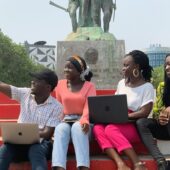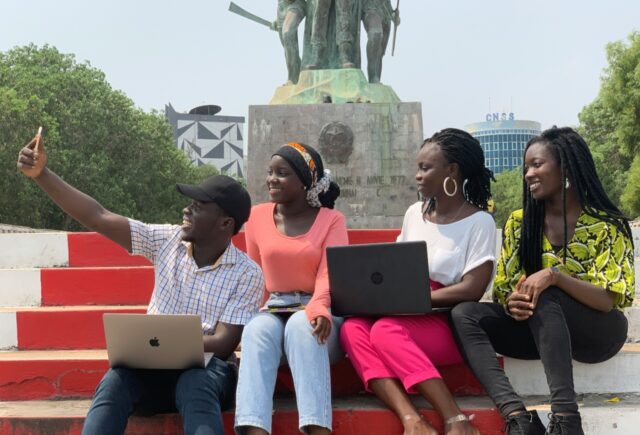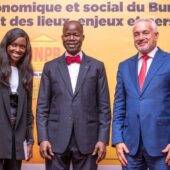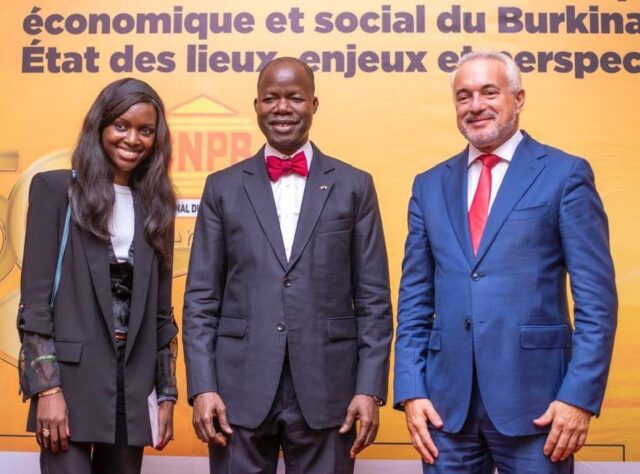As COP28 kicks off in the UAE, Christopher Walker meets with key experts to gauge the progress of using an impact lens in the Middle East.
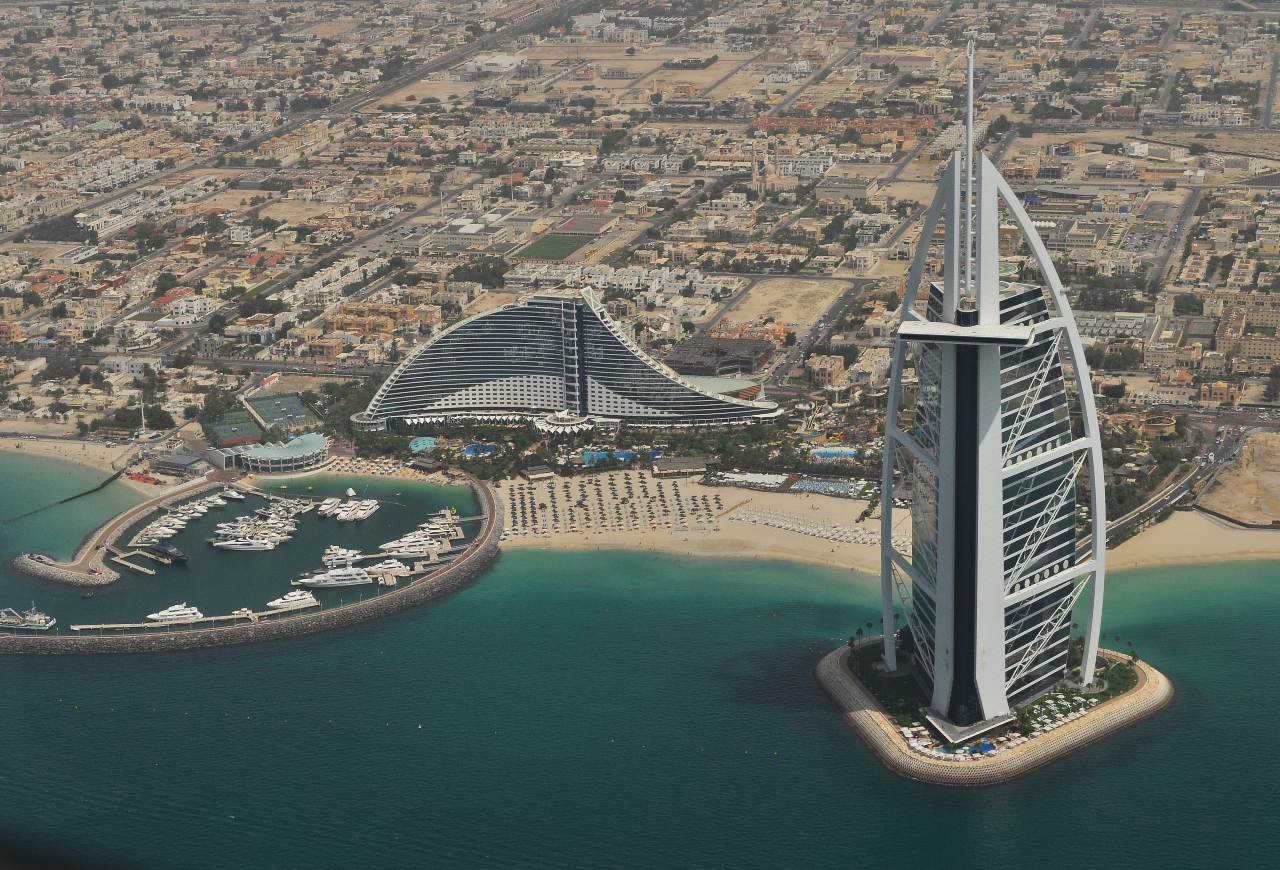
In brief
- The decision to hold COP28 in the heart of the oil rich Gulf region is not without controversy as we previously reported. And some see little progress in the region when it comes to sustainability.
- For others, the green shoots are there in terms of engagement in transition planning and investment flows into green activities.
- We look at one group’s efforts in depth. Red Sea Global says it is putting “people and planet first.”
The think tank view
Angus Blair, the chief executive officer of Signet, a think tank reviewing the economics, business and risk of the Middle East and North Africa (MENA) region, recognises that the COP28 conference is facing “significant further pressure” from the developing world, and indeed from countries within the region itself, for “funding in the transition to a more sustainable model for their economies and development.”
But Blair says he is “not hopeful that there can be sufficient collective action by sovereign states agreed at the forthcoming COP. The MENA region’s hydrocarbon resources remain a necessary source of capital for the development of their countries, not least Saudi Arabia.”
“One can note the statements emerging from the UAE that one of the pillars of progress is sustainability,” Blair says. “However, the key Gulf Cooperation Council states [Bahrain, Kuwait, Oman, Qatar, Saudi Arabia, and the UAE, ed.] still produce large flows of oil and gas to satisfy world demand. To counteract these hydrocarbon outflows and their emissions in what is a desert climate will be exceptionally difficult without a change in policy with regard to the hydrocarbon sector,” he continues.
Blair is also cautious when it comes to assessing the overall progress of sustainable investing. “Frankly, the MENA region at a macro level is lacking in substantive sustainability initiatives. Several governments have made announcements to increase alternative energy production to certain levels but the practical steps to meet net zero goals are lacking.”
There are many projects across the region tackling issues on the ground, in farming, waste issues and collection of plastic, according to Blair. “These initiatives, however, remain small-scale projects. With regards to ESG, there has been some progress by some companies, but they remain mostly internal goals and sustainability reports for investors, particularly companies which have a foreign shareholding…ESG remains lower on the priority of governments, regulators and companies than other regions of the world,” he says.
The investor view
Venetia Bell, the group chief sustainability officer and head of strategy at GIB Asset Management (part of Gulf International Bank) is more optimistic. “With the global stock-take showing that action so far is highly insufficient, we urgently need reaffirmation and commitment to global decarbonisation at COP28. What is more positive, though, is that engagement from the private sector in COP seems to have continued to build.”
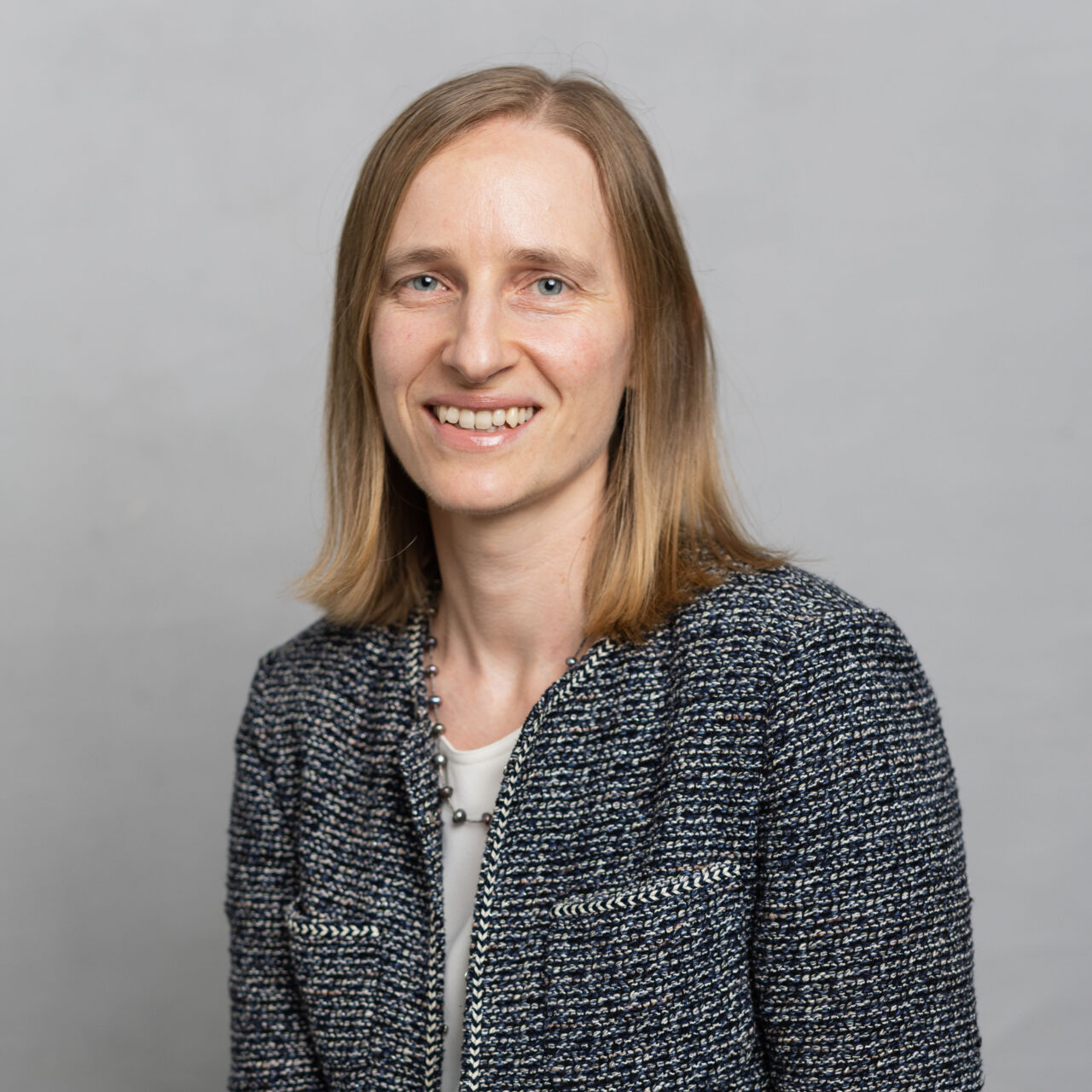
She also notes that “while there has been limited accreditation of net zero targets with the Science-Based Targets initiative (SBTI) in the Middle East, increasing numbers of companies are making commitments.”
For example, Majid Al-Futtaim, a UAE retail conglomerate, is pursuing its ambitious net positive strategy. “A few years ago, conversations with Middle Eastern corporates on sustainability generally started with questions about what do we mean. Now conversations mostly start with the company explaining the various ESG initiatives that they have developed.”
She also highlights the impact investing angle. “There’s also been a shift from thinking about sustainability as corporate social responsibility to how consideration of sustainability can be value-generative for the business, a matter of forward-resilience and how to strategically capture market opportunities.”
Sustainability initiatives aren’t limited to a few sectors or regions in her view. “The hard-to-abate sectors around the region are engaging in transition planning as well as investment flowing into green activities.”
Al-Dabbagh Group, for example, is rolling out electric vehicle (EV) charging infrastructure, as well as piloting hydrogen-powered heavy trucking, while SABIC has long been a market leader in the chemicals space from a sustainability, particularly circularity, perspective.
However, there is still plenty left to do. “It still tends to be the mega projects and larger companies that have developed sustainability strategies and are making significant investments, with less engagement in SMEs,” Bell says.
The corporate view
Red Sea Global (RSG) is a multi-project regenerative developer headquartered in Saudi Arabia. It achieved the first ever Riyal-denominated green finance credit facility last year. Maryam Ali Ficociello, group chief governance officer, says: “we remain optimistic about this year’s COP and the potential for transformative outcomes.”
“In the Middle East, [sustainability] matters are becoming more prominent every day, and are an increasing area of focus for investors and stakeholders alike. Notably within areas such as renewable energy, water conservation, social welfare, female empowerment, sustainable technologies, governance and more. The region’s position as a global trade hub, its numerous fast-growing economies, and access to natural resources – such as thousands of hours of sunlight – makes it an exciting location as new opportunities emerge and evolve,” she adds.
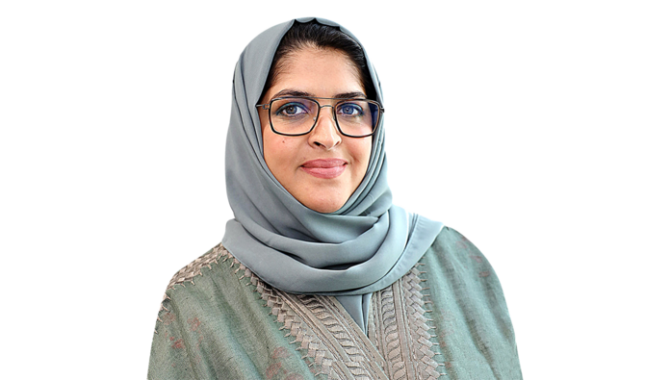
She gives numerous examples. The UAE has launched a National Hydrogen Strategy investing billions in renewable energy. Bahrain’s state oil company is also refinancing a multi-billion-dollar sustainability-linked corporate finance facility, and Oman is exploring green hydrogen as a clean energy source.
Saudi Arabia itself has also been actively promoting ESG initiatives as part of Vision 2030 – the country’s strategy to reduce its reliance on oil and diversify its economy. The Kingdom has an accelerated focus on achieving a net carbon neutral economy by 2060 and is also implementing reforms to promote greater equality and opportunity for its citizens, which have significantly fuelled its economic growth.
Ficociello says Red Sea Global has “a key role to play ” and is seeking to tackle many of the issues that Blair and Bell highlight. She cites “our dedicated socio-economic empowerment project, Souq Amerah, designed to upskill workers and provide a market for SME owners,” and RSG’s ambition “to deliver a 30% net conservation benefit by 2040, through the enhancement of biologically diverse habitats such as mangroves, seagrass, and coral reefs.”
RSG has a commitment to power all its destinations with 100% renewable energy. “At the Red Sea, we are creating one of the world’s largest off-grid battery storage facilities, which will store 1,300 Megawatt Hour (MWh) of power. Overall, the solar infrastructure is expected to generate up to 1.1 million gross MWh per year of solar energy to supply resorts, attractions, and other utility systems.”
Investing in autonomous and electric vehicles is also a part of RSG’s strategy, and “even the Red Sea International Airport will be powered solely by renewable energy and is on track to become the first carbon-neutral airport in the Middle East,” she concludes.


